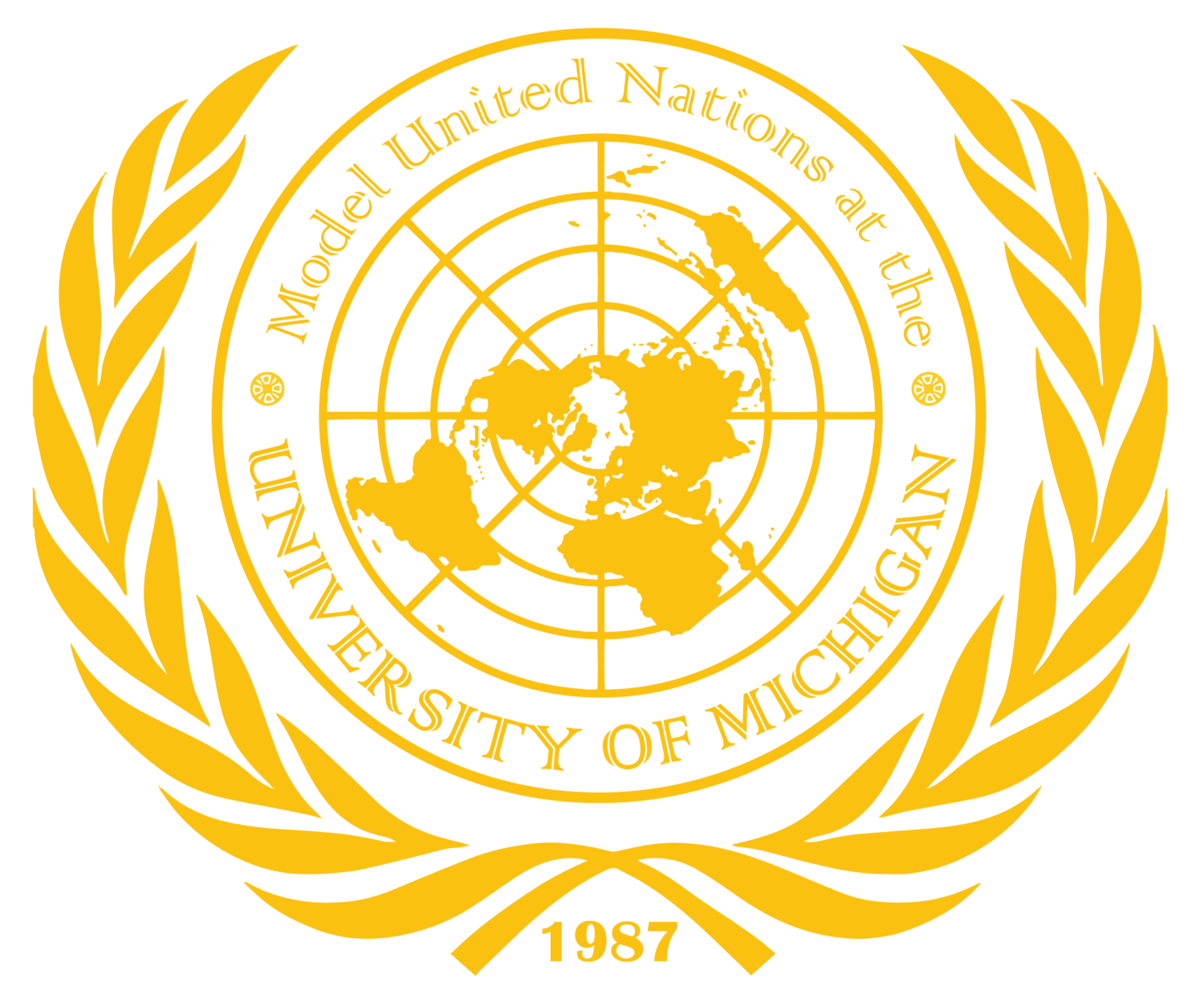By Edison Park
The UNGASS convened today to discuss three working papers on the topic of solving economic corruption. Each resolution paper focused on different aspects of the crisis, resulting in debate and a sense of confusion in the committee.
The first working paper that was presented was the Anti-Corruption Courts Resolution (ACC), which emphasized the importance of not only responding to the corruption in the situation with the First Russian Czech Bank (FRCB), but also working towards long term goals in fighting corruption as a whole. The resolution consists of multiple strong clauses, including the creation of a three court system that consists of an international level, United Nations level, and a national level. The resolution, if voted favorably upon, would use funds from the United Nations General Fund and the World Bank to educate leaders on corruption and also establish programs to encourage further transparency in bank actions.
The Accountability and Prevention Against Corruption Resolution (APAC) instead focused on economic and political stability. In an attempt to protect the legitimacy of democratic practices, this working paper presents a resolution that specifically denounces foreign involvement entirely in elections. The paper also includes the creation of a new United Nations committee which would oversee bank and government interactions.
The final working paper was the Corruption Accountability and Prevention Resolution (CAP), which centered on researching into the reasoning behind corrupt practices. This working paper introduces the establishment of the International Organization of Corruption Identification and Correction (IOCIC), which would review financial interactions and conduct audits on corrupt actors.
Disputes broke out following the presentations of the papers, as delegates made it clear that collaborating and combining resolutions would be dissatisfactory. The delegation of Tanzania made this sentiment clear when stating that the ACC Resolution is the “superior resolution” and dismissed the APAC Resolution as mere “suggestions.” However, the delegation of Jordan stated that the APAC Resolution offered “multiple solutions”, and that it is the most “solid plan”. In addition to this, the chair spoke on the legitimacy of specific clauses in the working papers. The chair clarified that loans are a government regulated and transparent action already, and that the creation of courts on corruption would be extremely difficult to pass. As these concerns relate to all the papers, delegates have debated continuously on the effectiveness of each resolution plan.
As debate continues, it is unclear if the true resolution to corruption is one of these working papers, a combination of them, or not any of them. The decision is expected to be made by the end of the day.
